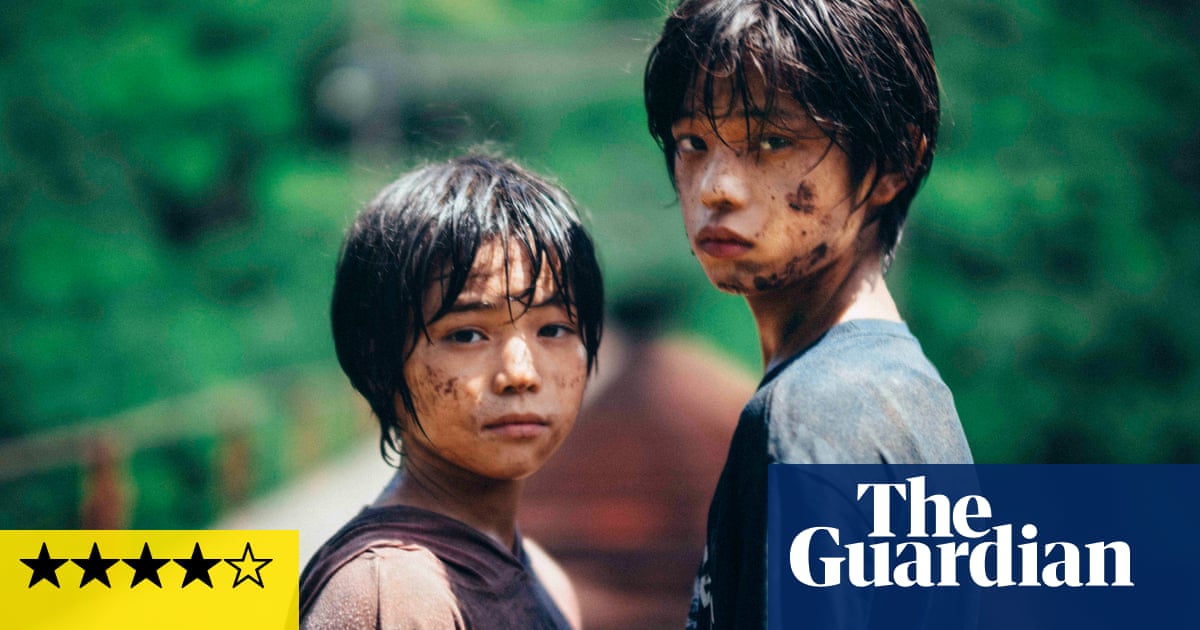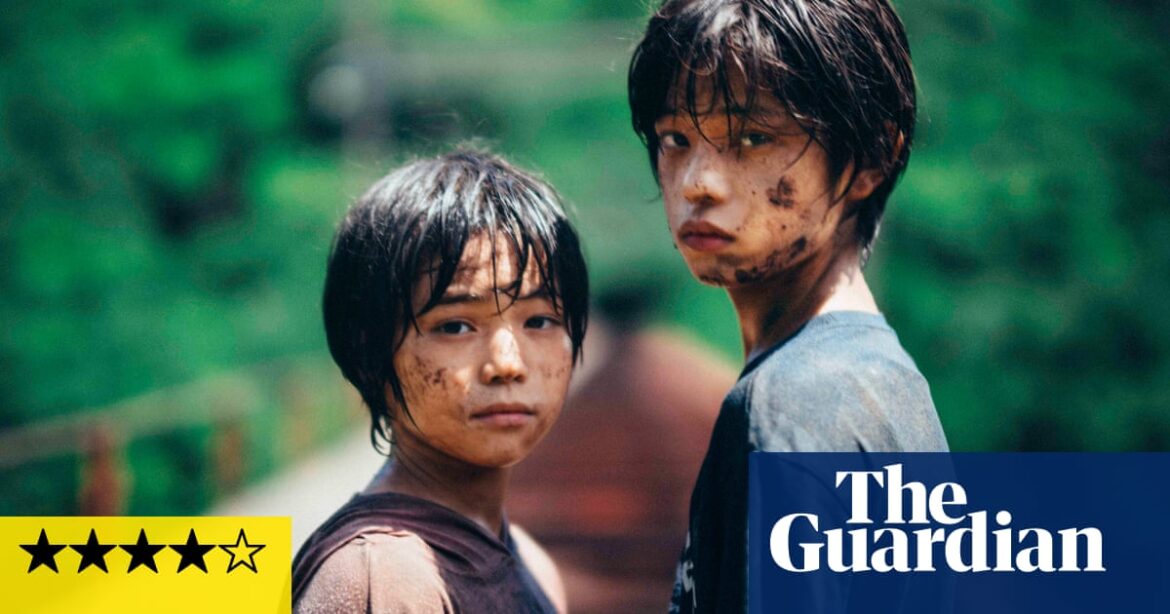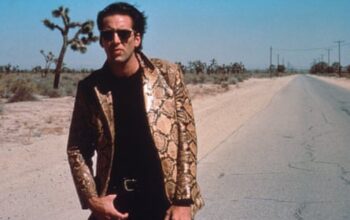
H
In this family drama, director Hirokazu Kore-eda presents a complex story that delves into issues of bullying, homophobia, dysfunctional families, unquestioning respect for flawed authority, and the spread of rumors on social media. Collaborating with screenwriter Yûji Sakamoto and the late composer Ryuichi Sakamoto, Kore-eda adds layers of depth and meaning to the film. The mournful piano score, despite its counterintuitive use in tense scenes, hints that there is still more to be revealed. Rather than easily offering up its meanings, Monster repeatedly revisits the same events from different perspectives, leaving the audience with more questions than answers. While in other films this technique may lead to a satisfying twist, here it adds to the film’s complexity.
The story begins with a structure burning down, an intense inferno in the dark sky, and this magnificent occurrence serves as a convenient starting point when the story is retold. The structure was a disreputable bar where hostesses worked, and there is a scandalous rumor circulating that a local teacher, Mr. Hori (Eita Nagayami), was a patron there. Saori, a single mother (Sakura Ando), has heard this rumor and may already have a negative perception of the man; her son, Minato (Soya Kurokawa), later returns from school reporting that Mr. Hori had insulted him with the bizarre phrase “pig brain” (or did Minato pick up the insult from elsewhere?), and the teacher had also physically assaulted him.
Saori, seething with anger, barges into the principal’s office, where the already distraught Yûko Tanaka is mourning the loss of her grandson. She demands an explanation, but the school offers a seemingly insincere and formal apology, including bows from Hori and three other colleagues. This only further enrages Saori, as it does not address her request for a clear explanation. However, Mr. Hori finally blurts out that Minato had been bullying Eri, a sensitive and creative student.
The assertion is first supported and then contradicted through the use of flashbacks and changes in perspective, revealing different occurrences in the classroom from various viewpoints. We gain a deeper understanding of the boys’ relationship, which is fostered by their secretive spot: an abandoned train carriage in the nearby city wilderness. The children display a hidden ability for malice, aggression, and self-destructive behaviors, causing a sense of unease among the adults. Meanwhile, the faculty members are attempting to conceal a situation that could harm their careers. On the other hand, the parent involved is determined to uncover and reveal a shocking and unsettling reality.
The film Monster may not be what it seems at first. As the story unfolds, it reveals a deeper truth and offers a message of hope rather than despair. The actors, including Sakura Ando, Eita Nagayami, and the boys, deliver their performances with a sincere and genuine quality. While the plot may be a bit forced and convoluted, the film ultimately showcases a strong moral compass and human connection.
Source: theguardian.com



